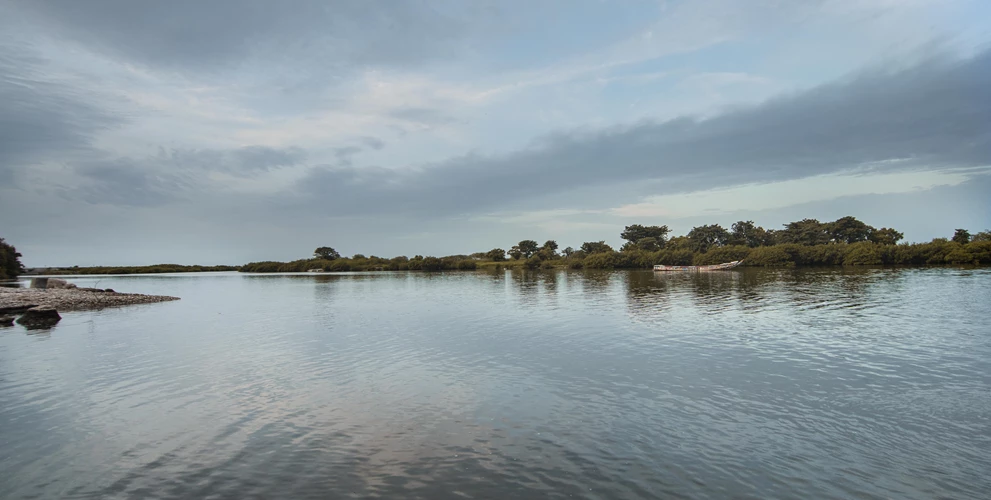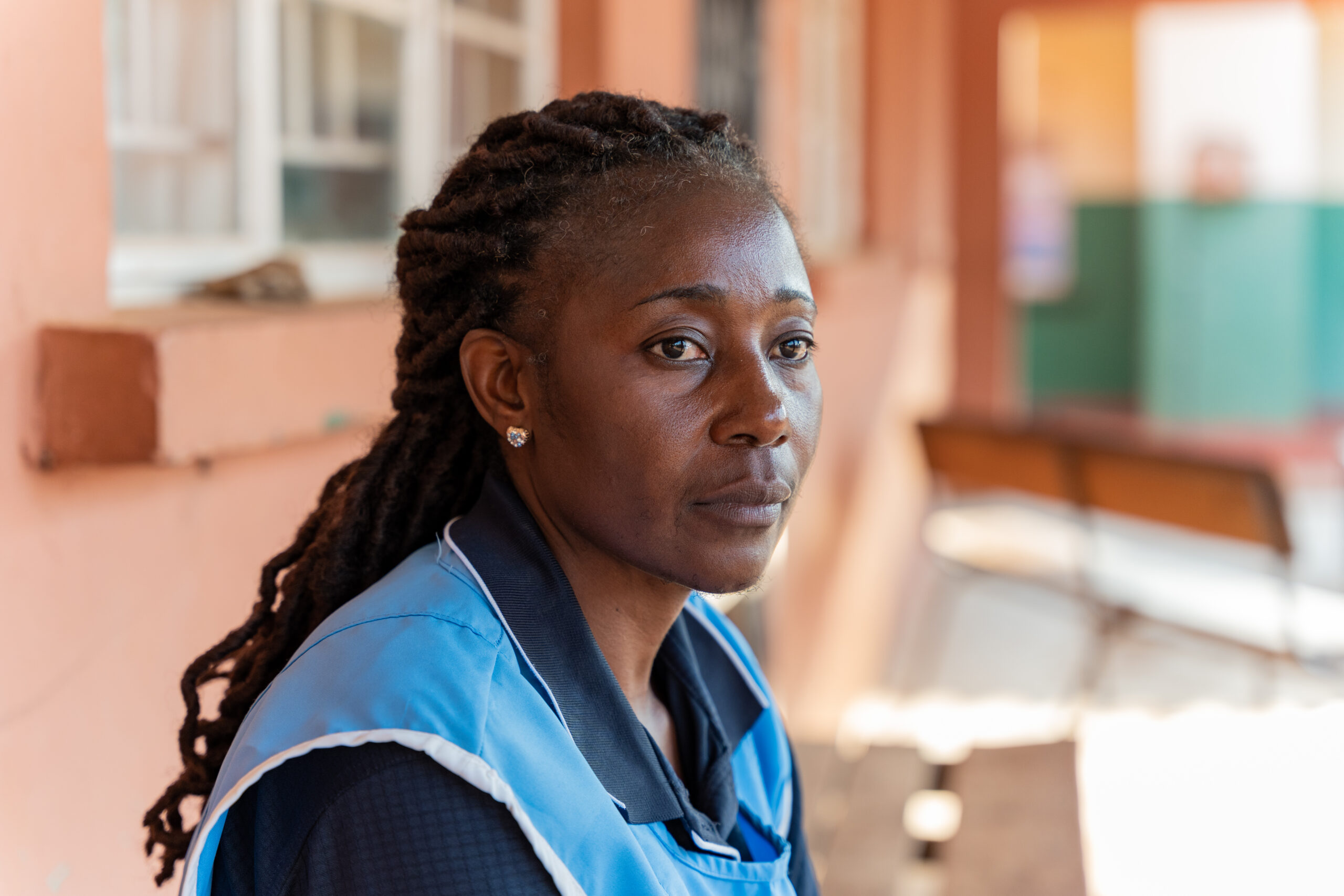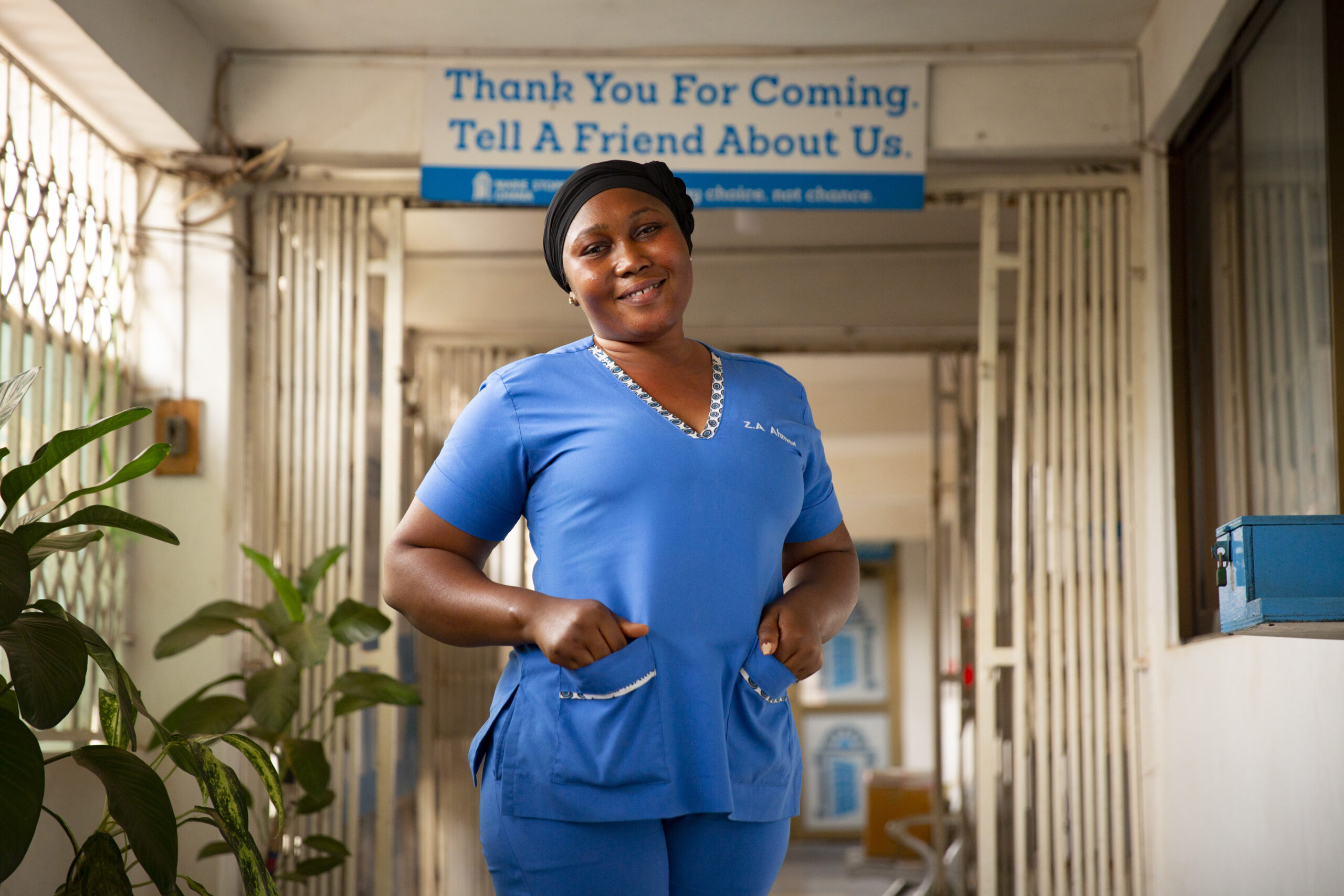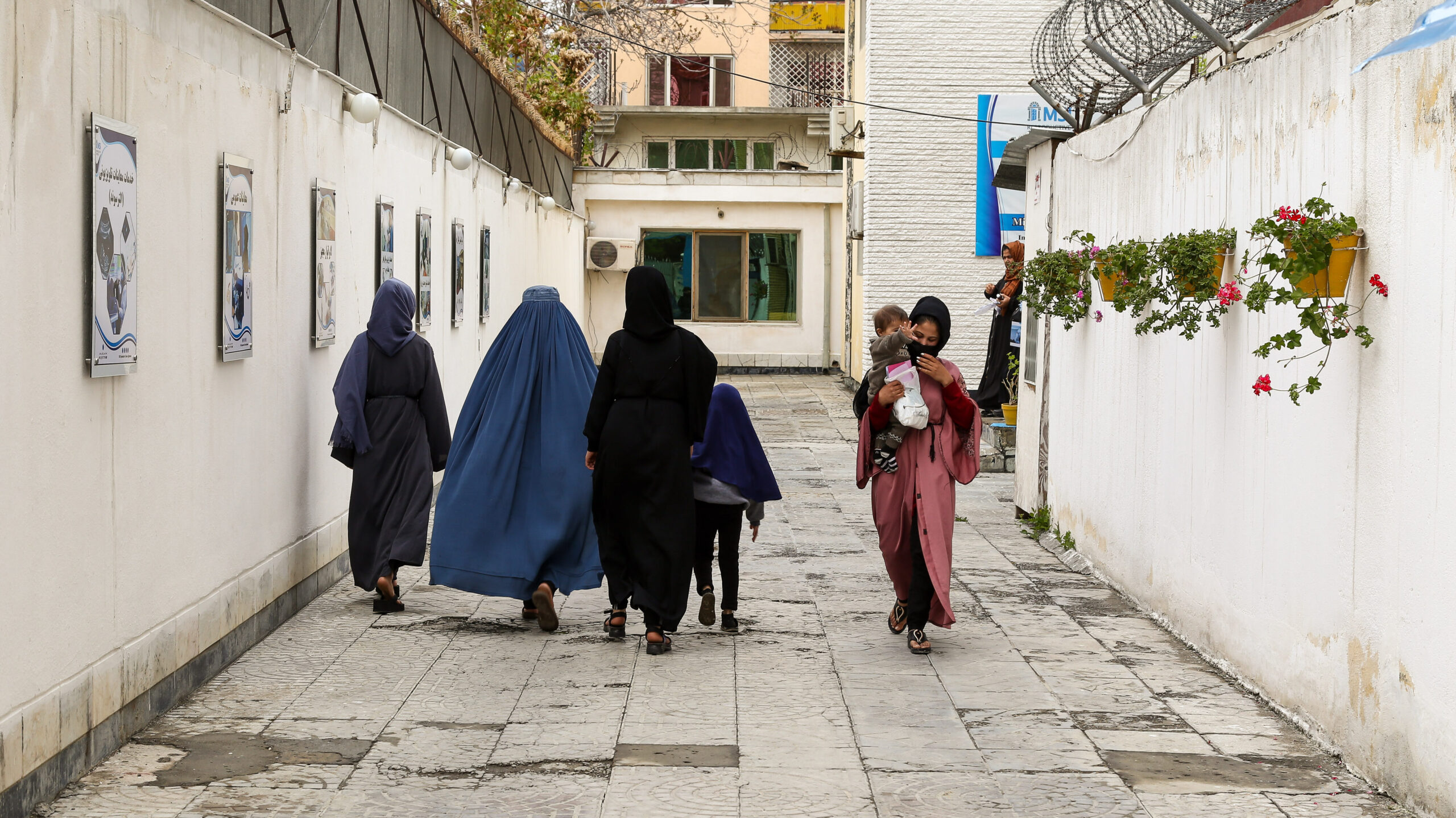
During times of crisis, access to reproductive choice is essential.
By ensuring women and girls can access sexual and reproductive healthcare services, we can support those living on the frontline of the climate crisis to adapt, helping them to prevent unintended pregnancy while navigating the crisis.
But for communities facing the worst of the climate emergency, access to reproductive choice is at risk. As governments prepare to make commitments to tackle the climate crisis at COP26, we at MSI are urging global leaders to not forget about the women and girls living on the frontline and protect access to the healthcare they are asking for.
Here are three ways that the climate crisis impacts reproductive choice and why it’s essential we protect access for those on the frontline:
1. Women and girls are hardest hit by the climate crisis
It is an injustice that the communities that have contributed least to the climate crisis are suffering the most from the impact, with evidence showing that women and girls in low- and middle-income countries are hardest hit.
As climate-related disasters worsen in the future, the United Nations has warned that due to gendered discrimination, lower incomes, and poorer access to food and other resources, women and girls will suffer for longer and more severely from climate shocks and disasters.
2. During times of crisis, the need for reproductive choice rises
For many women accessing healthcare with MSI, environmental changes are a daily reality. When drought hits, they need to walk further to find water and when harvest fail, they can struggle to feed their families. When facing climate disruptions, like any humanitarian emergency, it is essential that women and girls have reproductive choice, enabling them to guard against unintended pregnancy while navigating their changing environment, whether by re-entering the workforce to support family income, or re-locating.
The World Bank estimates that climate change could displace more than 216 million people by 2050. In humanitarian settings, where one in five women and girls report experiencing sexual violence, the need for sexual and reproductive healthcare and rights rises, yet access to quality care falls. As the risk of climate-related disasters increase, we must ensure that sexual and reproductive health and rights are protected for the communities most affected.
3. Due to climate-related disruption, millions of people are at risk of losing access to contraception
If women and girls are unable to travel due to flooding or are facing displacement due to disaster, it can mean they are cut-off from essential sexual and reproductive healthcare services. Losing access to these services means women and girls are at greater risk of unintended pregnancy, pregnancy-related complications, and unsafe abortions. This puts their lives, health, and futures on the line.
Analysis from MSI Reproductive Choices across 26 climate-affected countries found that an estimated 14 million women are at risk of losing access to contraception due to climate-related displacement over the next decade. If access is not protected for these women, we estimate that this would lead to an additional 6.2 million unintended pregnancies, 2.1 million unsafe abortions, and 5,800 maternal deaths.
By ensuring people living on the frontline of the climate crisis can access reproductive choice, we can protect the health, lives, and futures of women living in the communities suffering the most from its impact.
It costs as little as £6 per year – or 2 pence per day – to protect someone’s access to sexual and reproductive healthcare. Support our life-changing work here.
Watch our short film on the impact of the climate crisis in the coastal town of Joal in Senegal, and the role of reproductive choice in supporting those on the frontline to adapt:








